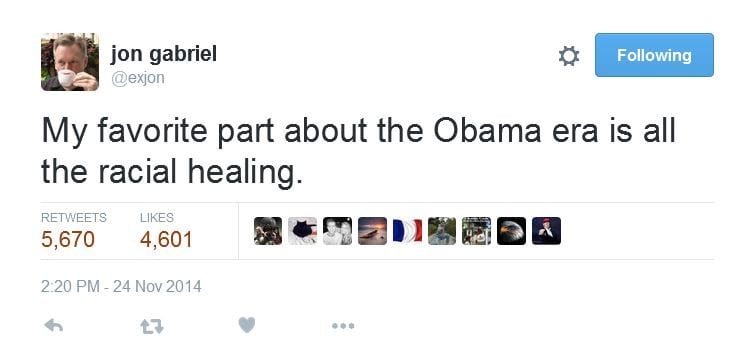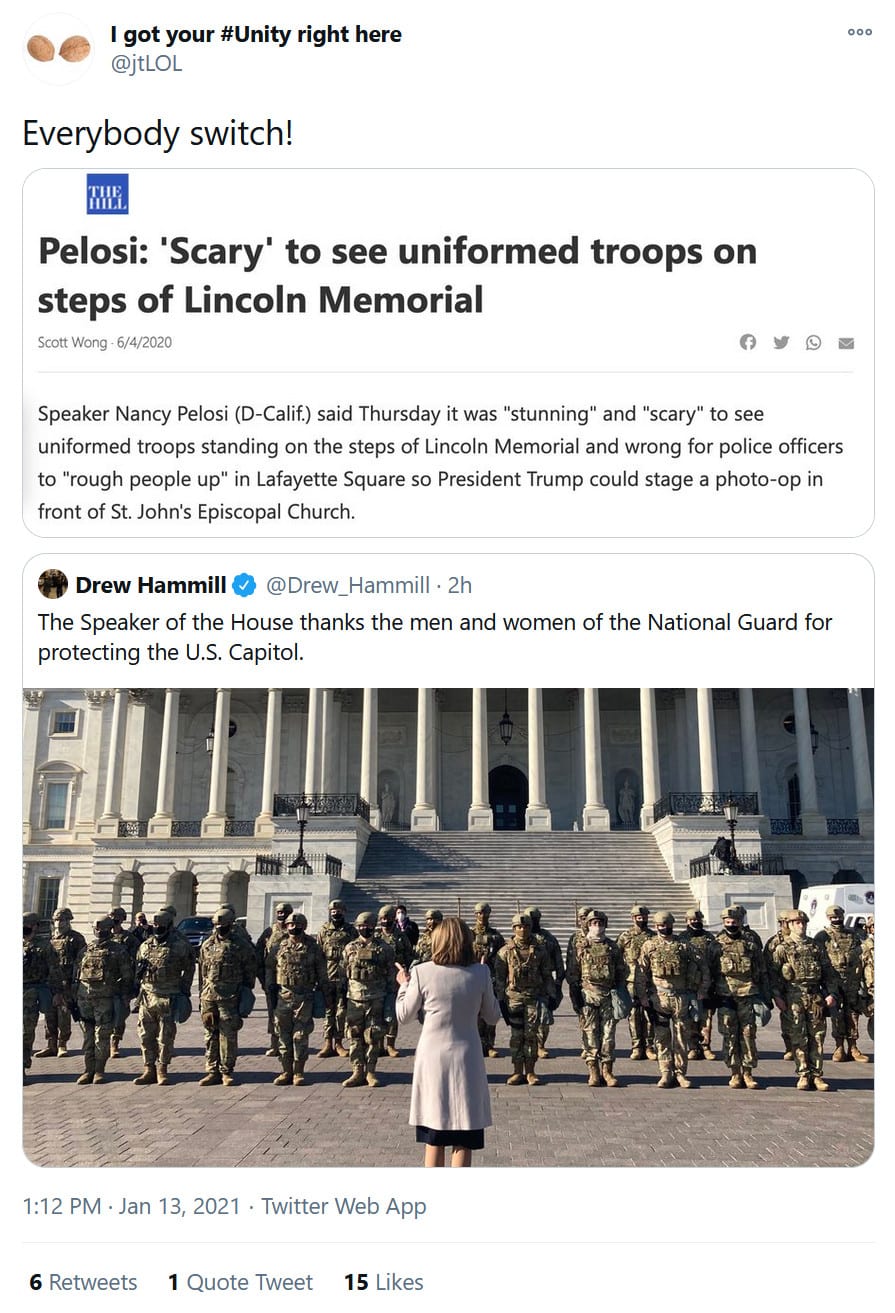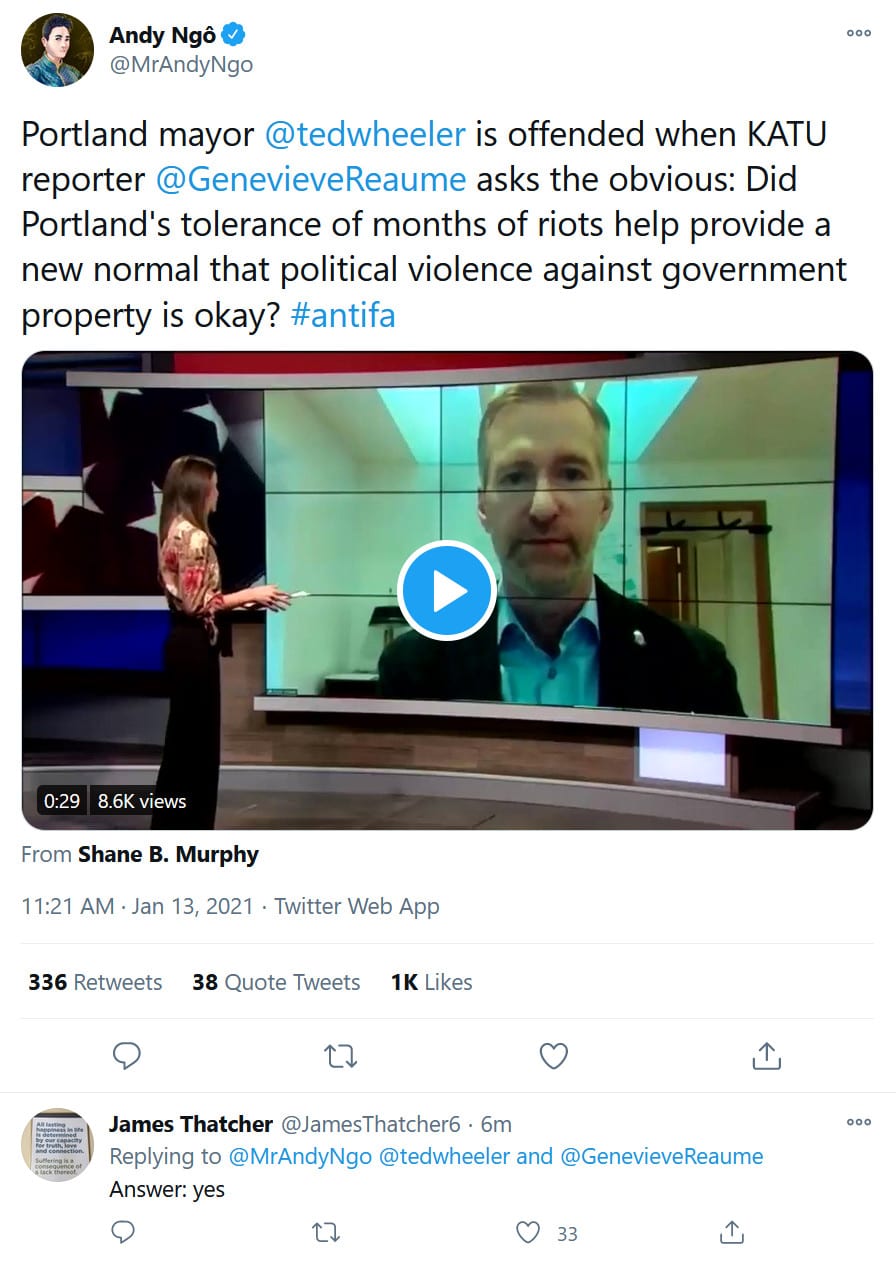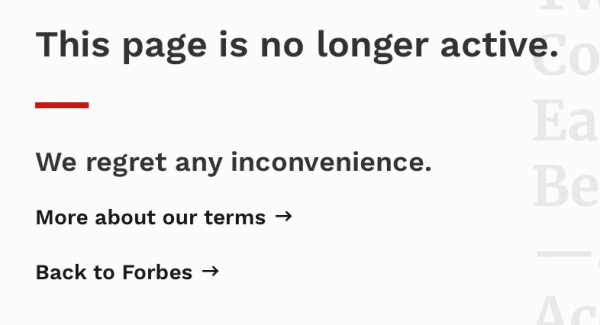SO MUCH FOR COOLER HEADS PREVAILING: Is anyone really interested in deescalation?
On Friday, House Speaker Nancy Pelosi released a statement to House Democrats declaring that she spoken to Joint Chiefs of Staff General Mark Milley to discuss President Trump’s possession and authority of the nuclear codes. ‘The situation of this unhinged president could not be more dangerous,’ she said. ‘We must do everything that we can to protect the American people from his unbalanced assault on our country and our democracy.’
Let’s set aside for a moment the fact that Pelosi has zero power or authority within the military chain of command to issue any orders or procure any authority of her own concerning the military until Trump and Mike Pence are removed from office. Instead, let’s take her statement for what it is: another dangerous escalation of events, a signal to foreign governments all over the world that any military action on their behalf be met with confusion and strife at home.
Then there is the matter of Twitter banning the President’s Twitter account. The consequences of that action, as well as Google and Apple taking steps to ban Parler, will reach far and beyond the events at the Capitol. What those moves certainly won’t do is lead to any form of depolarization. These tech platforms are not going to be able to disappear 70 million people from the internet. Those people will simply be chased further underground where they will develop more mistrust that corporate media and Big Tech are in fact their enemy. Neither the media or Big Tech will do much to earn the trust of those people back.
Trump will slink away and out of power, just as he did at the conclusion of his speech on Wednesday. That much is known. However if Joe Biden and the media have any intent on ‘healing’ and ‘unifying’ post-Trump and Trumpism, they haven’t done much to show it. Maybe this is because it’s in the best interest of the Biden agenda, and the revenue of Big Tech, and the audience retention of the corporate media to keep us as we are — a nation divided.
Since the goal of the DNC and the MSM (but I repeat myself) is to recreate a zombie version of the Obama administration, analysis: true. Amd thus, the Trump era ends where the Obama era ended:





